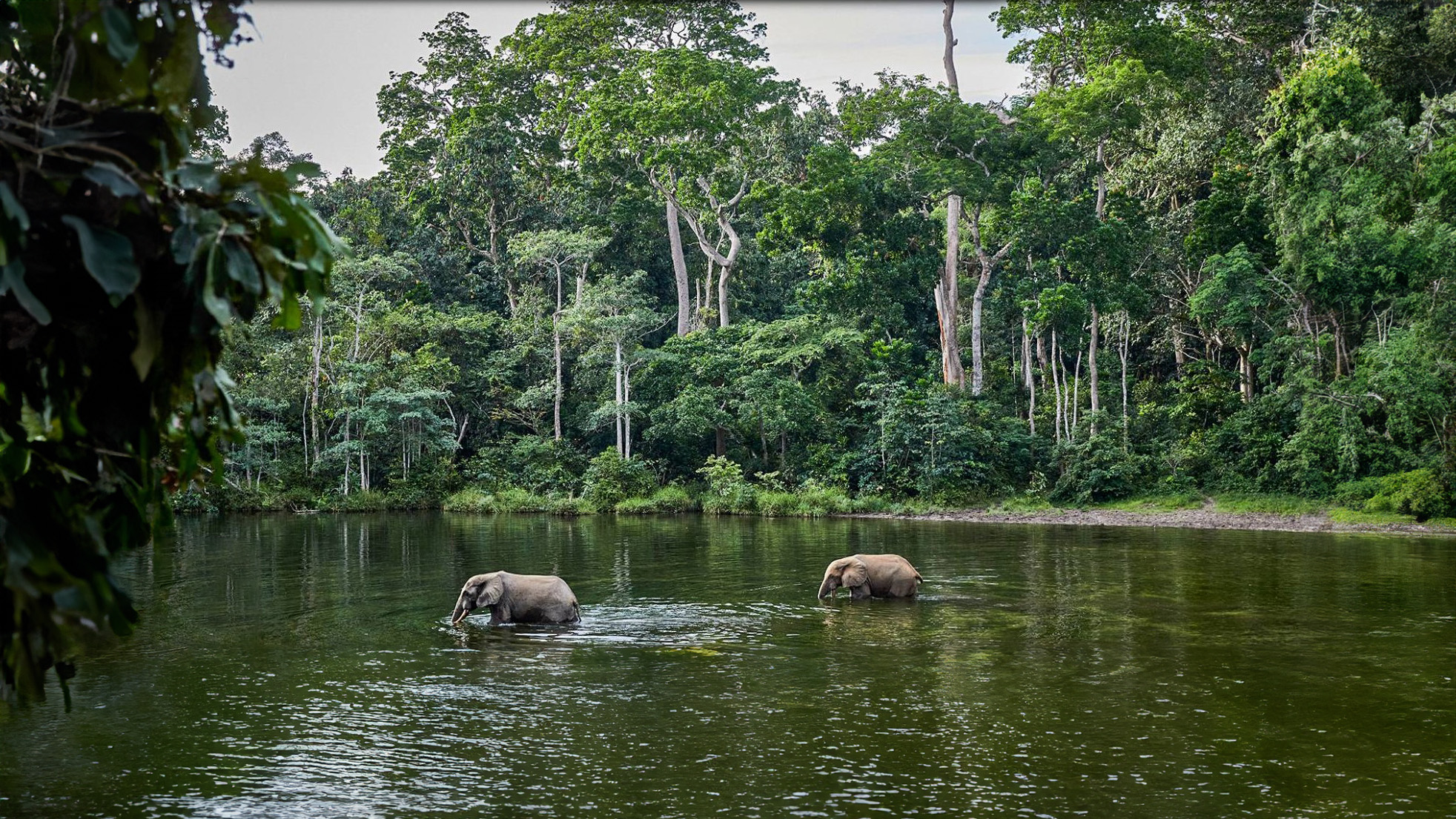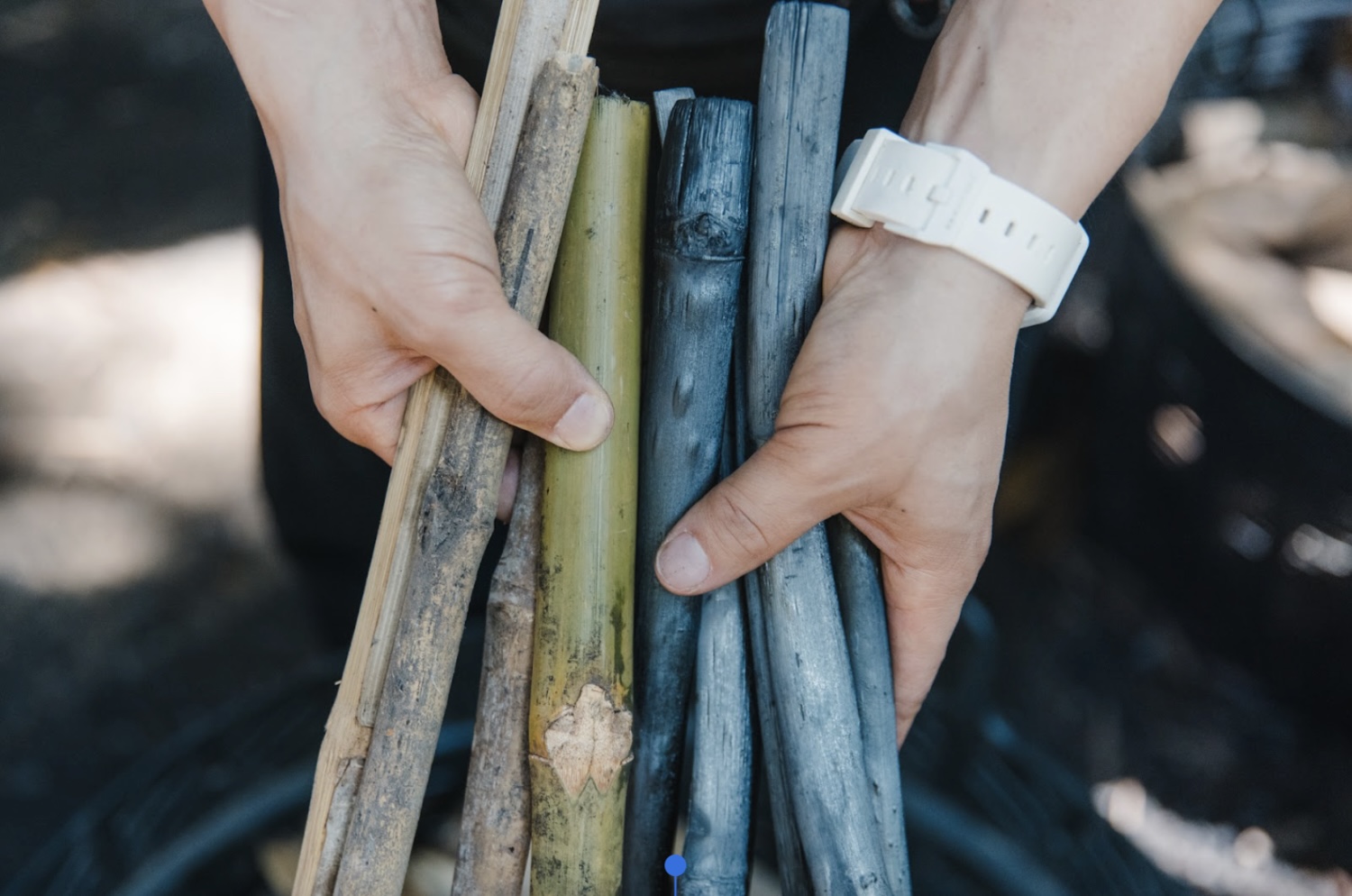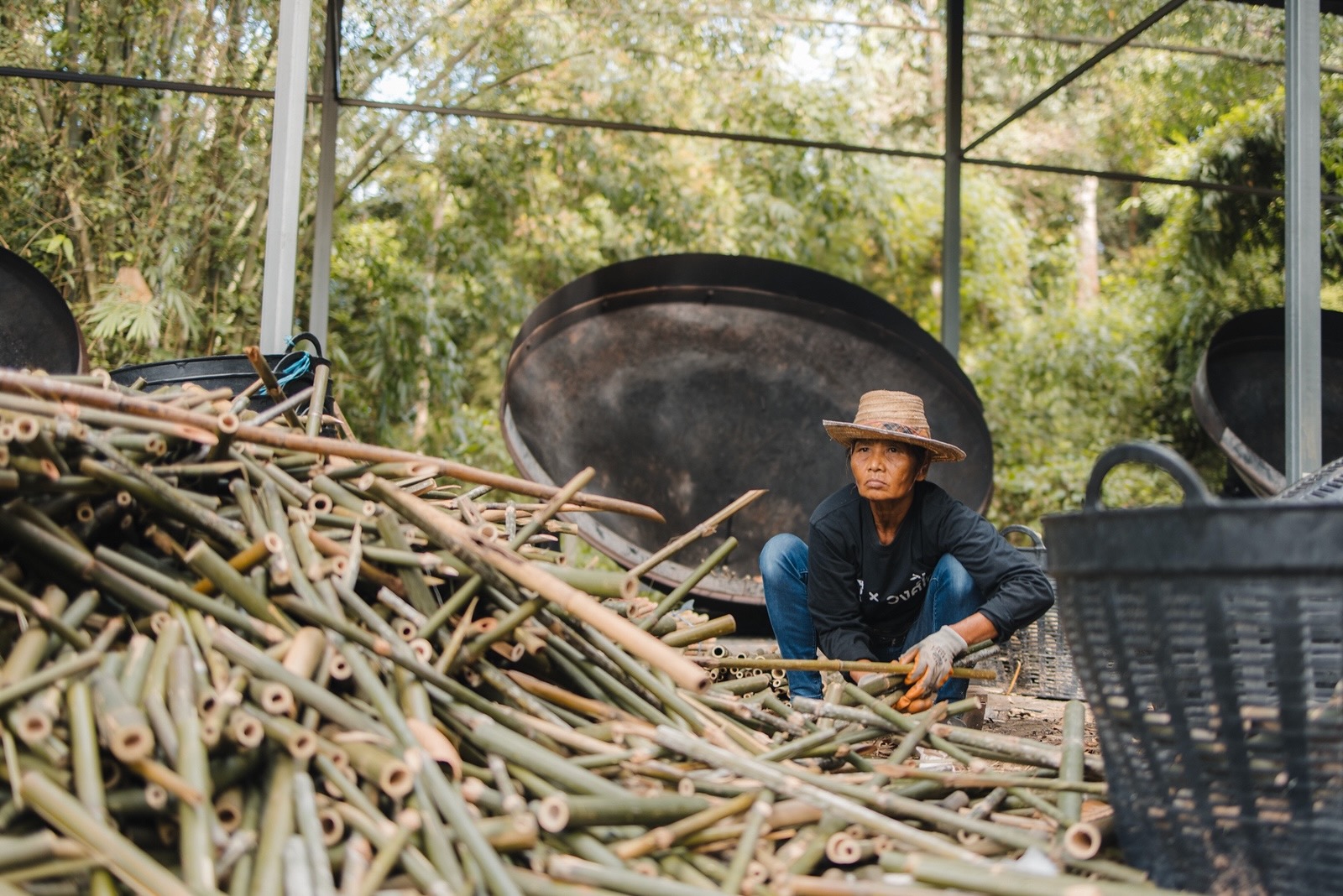Congo IHC Tropi'Coal Biochar
Industrial Biochar
Biomass
プロジェクト概要
The IHC (Interholco AG) Tropi'Coal project converts sawmill wood waste into biochar at its Tropi’Coal facility in Ngombé, Ouesso Region, Republic of the Congo. The project uses flame curtain pyrolysis and applies biochar strictly for carbon sink purposes, including soil rehabilitation on old or abandoned forest roads and geological storage in rehabilitated laterite pits using a chamber system that prevents reuse. The activity replaces prior disposal routes such as open burning, artisanal charcoal production, or leaving residues to decay.
The project removes carbon by turning biomass into stable biochar carbon, which can persist for very long periods if not burned. For geological sinks, the project uses biochar with H/Corg below 0.4. It applies a conservative 0.3% annual degradation rate. Fossil CO2 is offset with long‑term sinks before registration, and methane is compensated with short‑term sinks that store carbon for at least 20 years. Each carbon sink is geo‑localized and registered, with monitoring conducted via a CSI‑endorsed digital MRV system.
At its current stage, the project reports an annual carbon sink capacity of about 17,900 tCO2e and plans to scale Tropi’Coal technology to higher production volumes. Feedstock is wood waste from the company’s sawmill, sourced from sustainably managed, FSC‑certified forests. The project operates under the EBC C‑Sink standard, and its design and assumptions have been independently validated by CERES‑CERT AG under Version 2.1 of the methodology.
INTERHOLCO’s local subsidiary IFO manages the sawmill and forest operations within a large concession, with established FSC and PAFC certifications. The project emphasizes carbon sink creation over biochar sales; carbon credits are the decisive revenue source given there is no local biochar market and export would require long‑distance transport.




